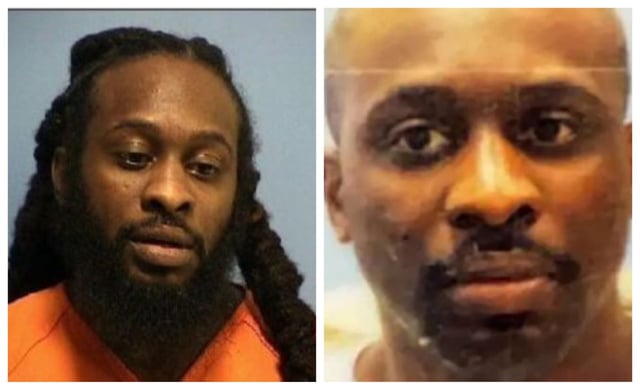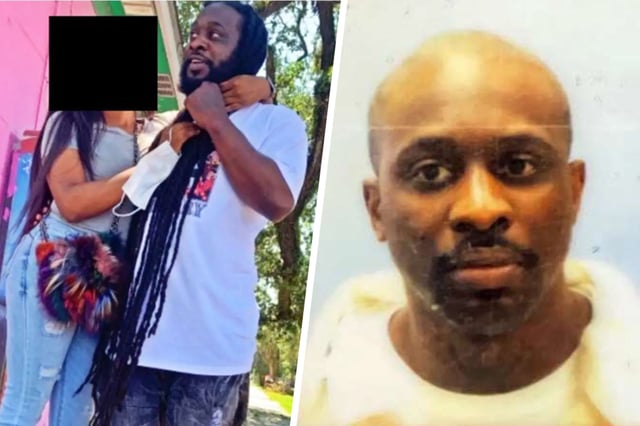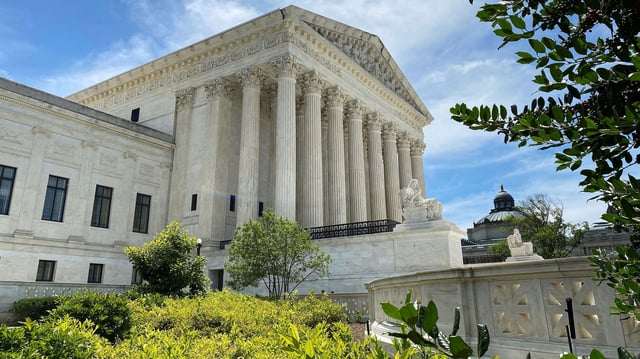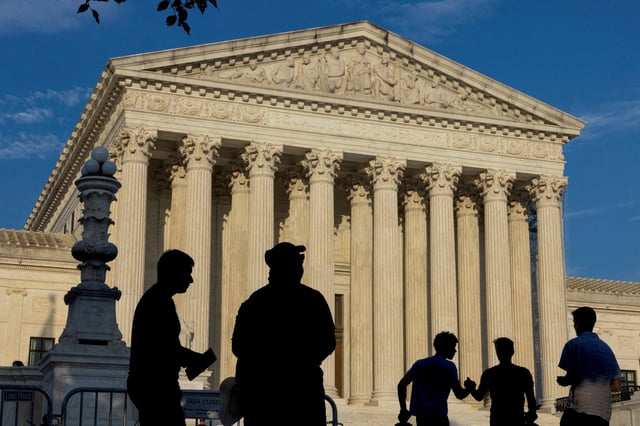Overview
- Damon Landor, a devout Rastafarian, had his nearly 20-year-old dreadlocks forcibly shaved by Louisiana prison guards in 2020 despite presenting a 2017 appeals court ruling protecting his religious practice.
- A federal judge and the 5th U.S. Circuit Court of Appeals condemned the shaving but ruled that RLUIPA does not authorize monetary damages against individual officials.
- Landor’s legal team and the Trump administration argue that RLUIPA’s text mirrors the Religious Freedom Restoration Act, under which the Supreme Court in 2020 allowed damages claims.
- Louisiana Attorney General Elizabeth Murrill acknowledged the mistreatment and amended the state prison grooming policy to prevent future violations of Rastafarian inmates’ rights.
- Oral arguments are scheduled for the Supreme Court’s next term beginning in October, with a decision on the availability of money damages expected by June 2026.



